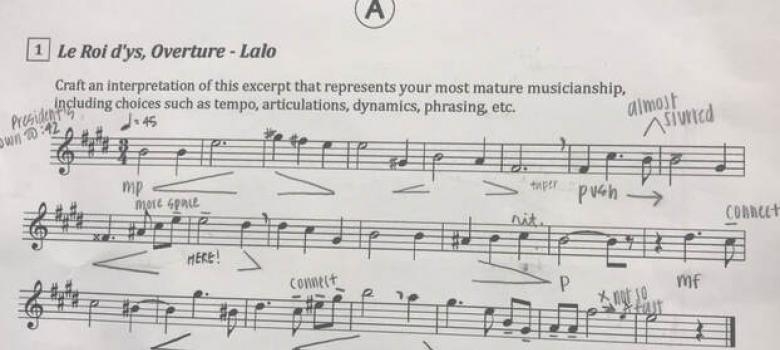Auditions for placement and seating into one of the two Symposium wind ensembles will take place on Friday, 17 January 2025 (the first day of the event). All selected participants will be assigned an audition time in reverse order of payment receipt (i.e., earliest payments will receive a later time slot than late payments).
We at the NKU Bands are aware that there are many honor band festival opportunities for our Tri-State area’s high school musicians. In order to not overload our young musicians, we are instituting the following procedures for the 2025 NKU Tri-State Band Symposium, in the hopes that this will make life a little easier for our high-achieving students who wish to participate in as many events as possible:
Audition music for the 2025 NKU Tri-State Band Symposium may consist of any one of the following:
Regardless of which audition music you choose, all auditions will also include the following:

The following advice is presented to help you succeed, not just with this audition, but any audition you ever take during your playing career.

Best of luck to you as you prepare your audition materials!
